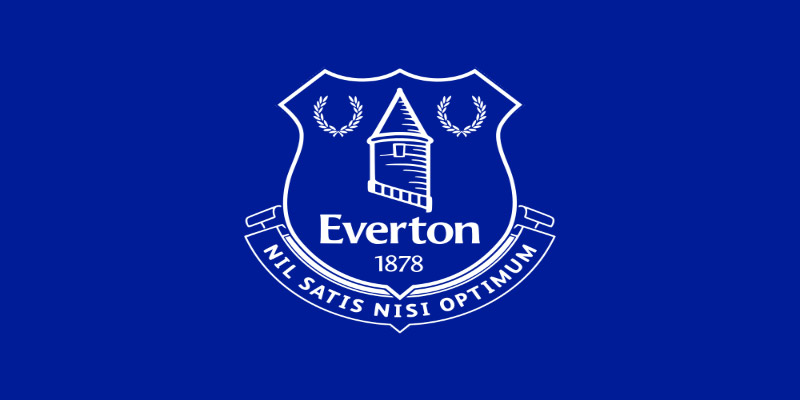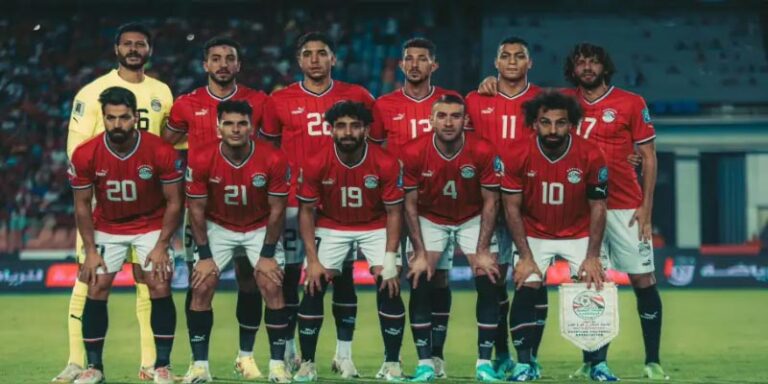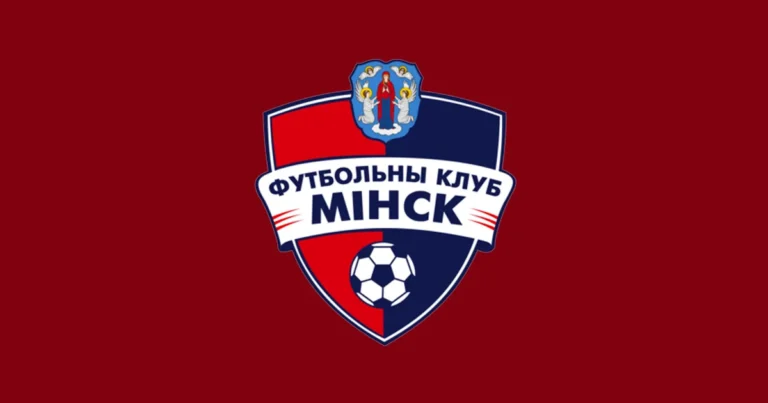
Everton FC: The Untold Story of a Football Giant
Everton FC isn’t just a football club—it’s a living testament to the soul of English football. With a legacy spanning over a century, the Toffees have witnessed the game’s evolution, etching their name in history through unforgettable triumphs and fierce rivalries. From its humble beginnings to becoming a powerhouse of passion and resilience, Everton has built an identity that resonates with fans worldwide. But what truly defines this club? Is it the unwavering loyalty of its supporters or the countless battles fought on the pitch? Join us as we unravel Fun88 the remarkable story of Everton FC.
The Golden Era: Achievements and Legendary Players
As the 20th century approached, Everton FC entered what many consider its golden era, marked by extraordinary achievements and the emergence of legendary players who would etch their names into the annals of football history.
Consistency in Performance
Throughout the early decades of the 1900s, Everton consistently ranked among the top teams in England, winning multiple league championships and FA Cups.
Their ability to maintain high performance levels showcased exceptional management and tactical prowess. Managers, such as Thomas H. McIntosh and later, Harry Catterick, played substantial roles in shaping the club’s playing style and mentality. These leaders understood how to leverage the talents of their players while instilling a sense of pride and unity within the squad.
The Emergence of Icons
The club produced several iconic players during this time, including Dixie Dean, one of the greatest strikers in football history.
Dean’s record-breaking goal tally for the club is a testament to his extraordinary skill and determination on the field. His larger-than-life persona and dedication inspired generations of fans, making him one of the most beloved figures in Everton’s history. Alongside Dean, other notable players, such as William “Billy” Wright and Alex Young, contributed to the club’s reputation, showcasing a blend of talent that resonated with supporters.
Rivalries and Community Roots
The intense rivalry with Liverpool FC intensified during this era, creating a deep-seated passion that fueled local derbies.
These matches became more than just games; they represented the heart of Merseyside football. The community rallied around Everton FC, fostering a sense of belonging and pride. As the rivalry grew, so did the fan engagement, with supporters forming a close-knit community rooted in loyalty and shared experience. Everton FC transcended football; it became a symbol of regional identity.
The Trials of Modernization: Challenges and Resilience
Like many clubs, Everton FC faced numerous challenges as modernization swept through football in the latter half of the 20th century.
The Impact of Globalization
With the globalization of football, the dynamics of the game changed dramatically. Clubs began to attract international talent, altering the competitive landscape.
For Everton, this presented challenges. Competing for top talent alongside wealthier clubs became increasingly difficult, leading to questions about the club’s strategy and direction. Additionally, the influx of foreign players sometimes led to a disconnect with the traditional fan base, raising concerns about maintaining the club’s identity amidst global influences.
Financial Struggles and Relegation Battles
In the 1990s, Everton experienced financial difficulties that culminated in relegation battles.
The early part of the decade saw the club struggling to stay afloat financially, resulting in significant consequences on the pitch. The pressure of relegation loomed large, and despite efforts to stabilize the team, Everton found itself fighting for survival in the Premier League. This tumultuous period tested the resolve of players and fans alike, highlighting the importance of community support during uncertain times.
Revitalization Efforts
In response to the struggles, Everton FC embarked on revitalization efforts to rediscover its winning ways.
The appointment of successful managers, like David Moyes, brought fresh perspectives and new energy to the club. Moyes emphasized a strong work ethic and promoted young talents from the academy, which became instrumental in rebuilding the squad. The community rallied behind the club during this transitional phase, signaling a renewed sense of hope and anticipation among fans.



